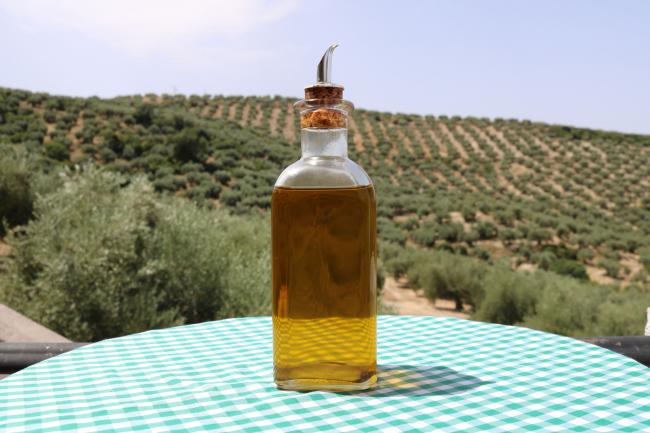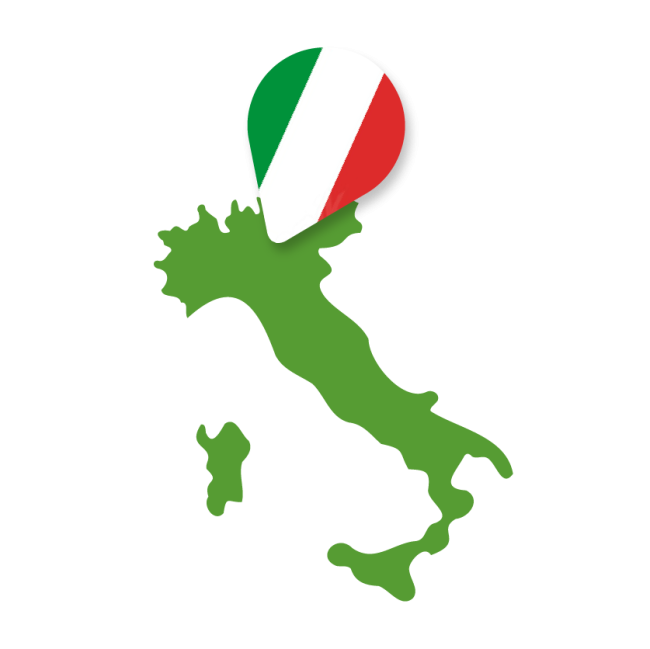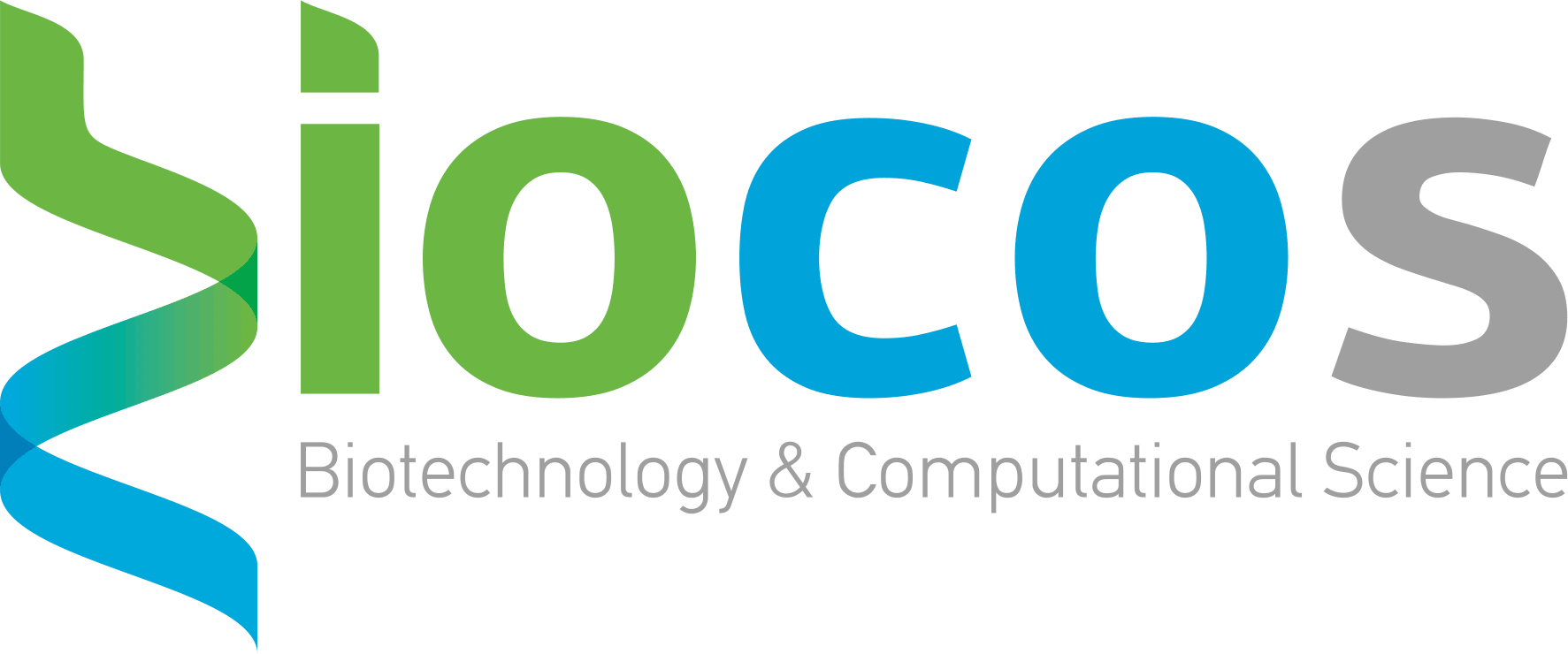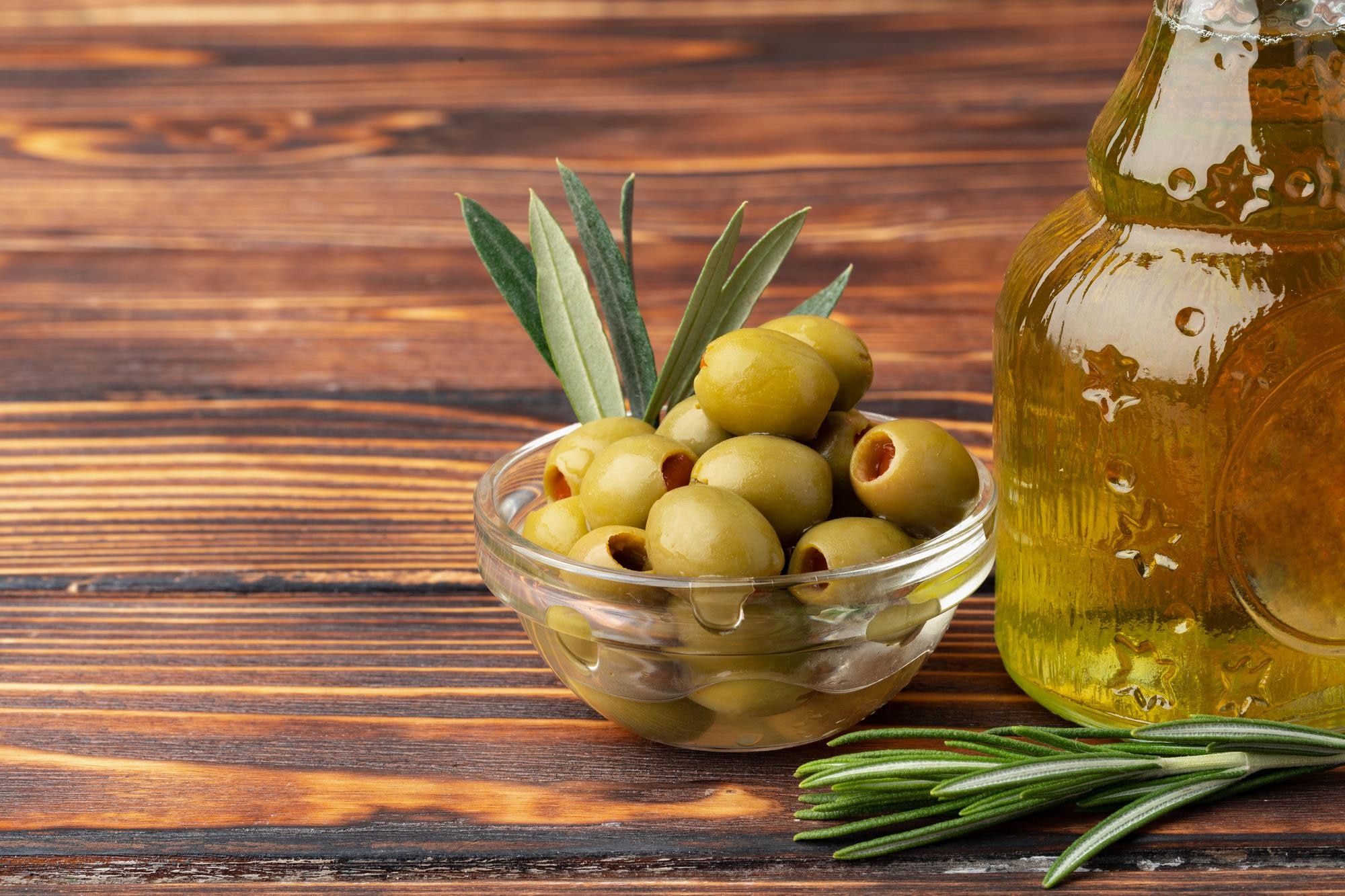


Objective
The Fraud Problem
Overall, Olive Oil (OO) and particularly Extra Virgin Olive Oil (EVOO), is considered at high risk of non-compliances and frauds (admixtures/substitutions) for illegitimate profit, due to its high economic value. OO industry has been facing this pain point since the 60s’, with the most recent incident occurring in 2019 where Europol seized 150 tons of sunflower labelled as OO. Similar fraudulent actions involve the varietal composition and origin of high-end EVOO, like a recent one where olive oil from Apulia and Greece was sold as EVOO Protected Geographical Indication (PGI) Toscano. A fraudulent action involving forty- seven millers, bottlers, and traders. Between 2016 and 2019, the Joint Research Center (JRC) of the European Commission recorded 32 cases of fraud in the global olive oil industry, amongst those ~50% (32 cases) involved substitution of olive oil with other oils (lower quality vegetable oils), 11 cases of mislabelling, 4 false geographical indicator, 5 counterfeit products, and 6 dilution with other oils or inferior grades, and 1 case involved theft.
Current Situation
Olive Oil (OO) market is growing fast, projected to cross a valuation of ~€17.6 (US$ 20) Bn by 2030. The market can be segmented in base of its nature, conventional and organic, or by the type of OO, in Extra Virgin Olive Oil (EVOO), Virgin OO, Lampante OO and other. The EVOO also includes two important sub-categories, the Protected Designation of Origin (PDO) and Protected Geographical Indication (PGI) EVOO. Collectively Europe, Middle East and Africa account for >75% market share, as they include leading producing countries, with EVOO accounting for the 70% market share in the global OO market. It is estimated that ~70% of Europe’s and ~30% of North Africa’s production is organic EVOO, including PDO/PGI olive oil. Interestingly, the sales of organic OO in Europe presents a constant growth, with France and Germany representing the largest markets for organic OO, accounting for ~50% of the total European consumption, with retail sales ~€5 billion. Indeed, organic OO production shows an increasing trend as the planted areas in the EU producing countries grows. Only in Spain exist ~223,000 hectares of organic olive groves, accounting for an average annual yield of ~320,000 tons of olives, of which 99% are transformed in olive oil. Products with PDO or PGI are big business in Europe. A 2020 study from the European Commission found that PDO/PGI EVOO reaches €277 million per year, and at present are 133 EVOO from 7 countries with a registered PDO or PGI certification in the EU. A separate report from Italy’s Institute of Services for the Agricultural Food Market (Ismea) found that the value of the Italian PDO/PGI EVOO has risen to €144 million.
The Alliance Solution
ALLIANCE will leverage the power of DNA data collection through genetic fingerprinting technology to early detect and identify Food Fraud in OO and EVOO. What DNA-based traceability and authentication offer is an indisputable and accessible source of information that assigns a genetic identity to any natural product, such as the olive varieties comprising an EVOO or detection of substitutions and admixtures with vegetable oils. The ability to obtain the genetic profile of an EVOO via DNA tests, makes it almost impossible to adulterate, while in parallel its varietal composition from field-to-store is protected. DNA-based authentication and traceability can act as a positive adaptation from a socioeconomic and environmental perspective, by adding value to local varieties embracing agrobiodiversity, while supporting local producers by value their produce. Indeed, this aligns with the GREEN DEAL EU F2F (Farm to Fork) framework, creating balance between nature-food- biodiversity and consumer wholesomeness. Olive oil value chain stakeholders (producers, manufacturers, B2B and retailers) demand an accurate solution to protect EVOO quality, health claim and reputation. Therefore, the need for a “holy trinity” of transparency – traceability – authenticity, verifiable and immutable becomes an absolute necessity.
In ALLIANCE, BIOCOS EVOO DNA-based authentication solution will be exploited to discriminate Italian varieties that are utilized in the production of organic PDO/PGI EVOO, with priority given to cv. Moraiolo, cv. Frantoio, cv. Leccino, cv. Dolce Agogia, cv. Rajo and cv. San felice. Additionally, other Italian and Greek varieties will be included. To achieve this, novel genetic markers will be discovered and validated with emphasis on the Italian varieties. This will be carried out through sequencing and bioinformatics. Sequentially, an exhaustive DNA-based authentication tests will be carried out in order to feed the DNA data collected into an algorithm that will eventually be automated. Lastly, the utilization of portable molecular devices will provide an on-site DNA-based authentication solution. The genetic identity of each variety will be logged into a closed system that will include all the stakeholders along the value chain of the olive oil industry of the Italian PDO/PGI EVOO.
